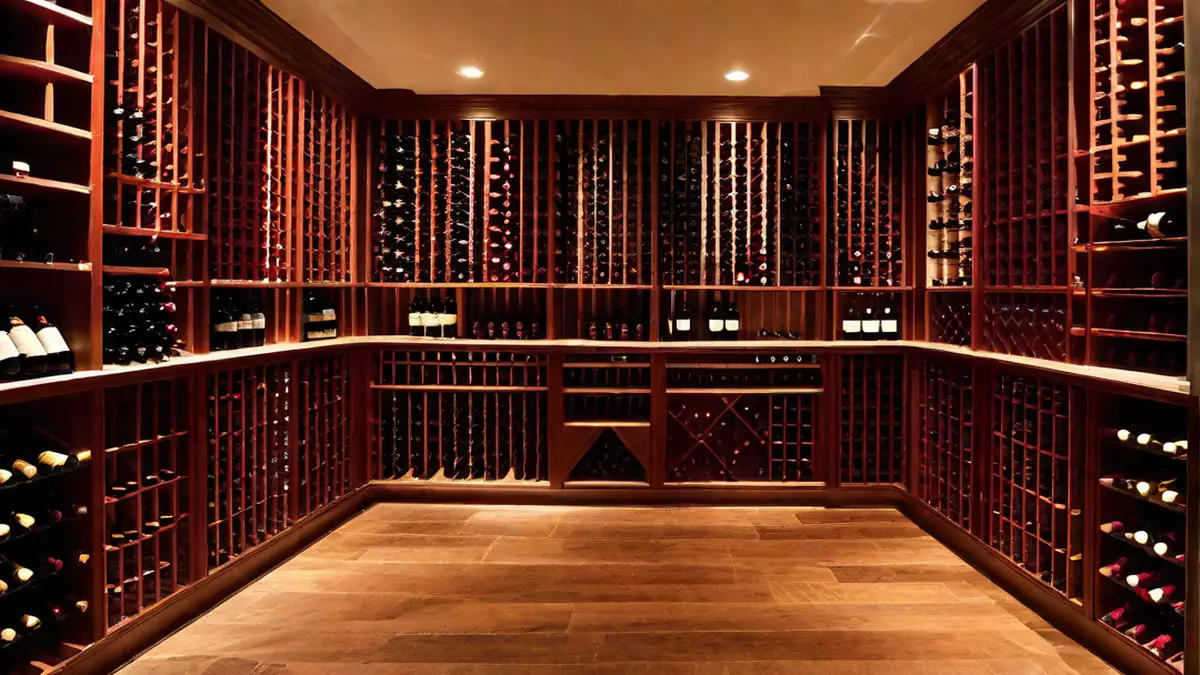When it comes to keeping wine, it’s important to consider a number of key factors to ensure your precious bottles maintain their quality and flavor. As a wine enthusiast, I’ve learned the importance of proper wine storage through my own experiences. In this article, I aim to share my insights and recommendations on the best practices for storing wine.
The Ideal Temperature
One crucial element in wine storage is maintaining the ideal temperature. Wine is a delicate beverage that can easily be affected by temperature fluctuations. Generally, the optimum temperature for storing wine is between 55°F and 59°F (12°C and 15°C). This temperature range ensures that the wine ages properly and doesn’t spoil or develop off-flavors. Storing wine at temperatures higher than 70°F (21°C) can cause it to age prematurely and lose its intended flavors.
Personally, I store my wine in a dedicated wine refrigerator that allows me to control the temperature precisely. This ensures that my collection remains in perfect condition, ready to be enjoyed whenever the occasion calls for it.
Away from Light
Another crucial factor in wine storage is keeping your bottles away from direct light. Ultraviolet (UV) rays from sunlight can be detrimental to wine, causing it to age prematurely and develop undesirable flavors. That’s why it’s important to store wine in a dark environment.
In my wine cellar, I make sure to install low-intensity lighting that emits minimal UV rays, or I use wine racks with opaque doors. This way, I can admire my collection while keeping it safe from harmful light exposure.
Adequate Humidity
Humidity levels play an essential role in preserving the integrity of wine. If the environment is too dry, the corks may shrink and let air into the bottles, resulting in oxidation and spoilage. On the other hand, excessive humidity can lead to the growth of mold and mildew on the labels and corks.
I maintain a humidity level of around 60% in my wine storage area to ensure the corks remain moist, preventing any air from seeping in. To achieve this, I use a humidifier when needed or place a bowl of water in the cellar to naturally increase humidity.
Keep It Still
While it may be tempting to showcase your wine collection by constantly moving and rearranging bottles, it’s best to avoid unnecessary vibrations. Vibrations can disturb the aging process and negatively impact the flavors and aromas of the wine.
I make sure to store my wine bottles on sturdy wine racks or in specialized wine storage units that reduce vibrations. This way, my wine can peacefully age without any disruptions.
Conclusion
Proper wine storage is crucial for preserving the quality and flavor of your beloved bottles. Remember to maintain the ideal temperature, keep wine away from light, ensure adequate humidity, and avoid unnecessary vibrations. By following these guidelines, you can ensure that your wine collection ages gracefully and brings you joy for years to come.
